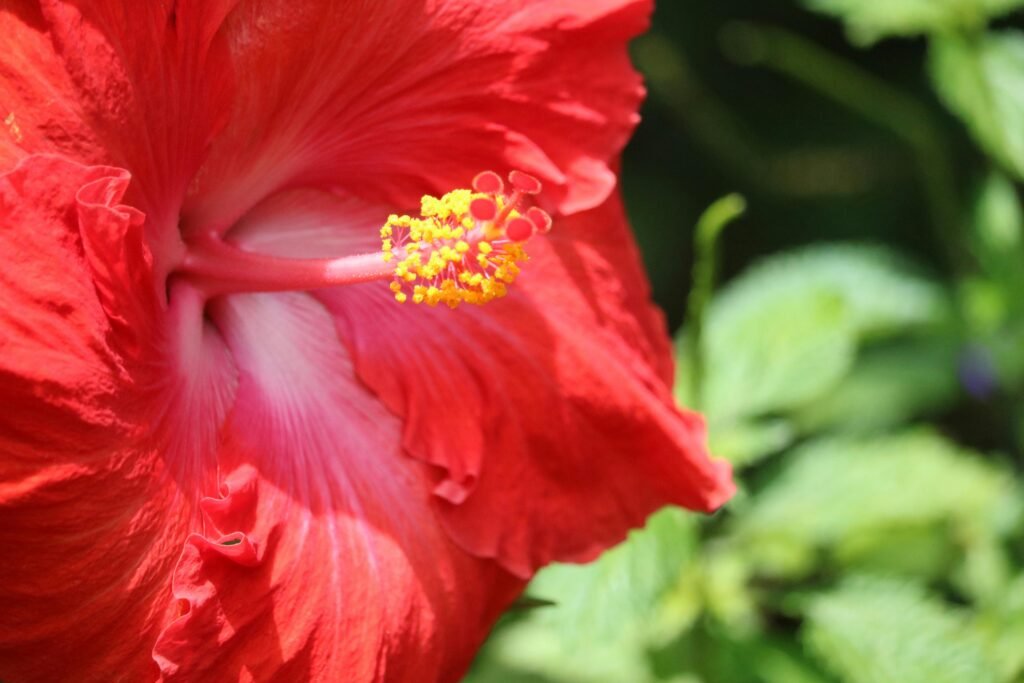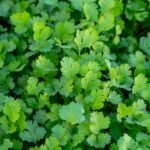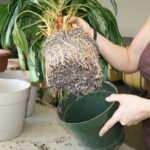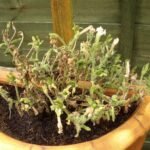White Powder on Hibiscus: Identification, Treatment, and Prevention
Hey Plant Parents!
I’m here today to discuss an ongoing issue with my Hibiscus plant—white powder on hibiscus near the flower. This has been a recurring problem for quite some time now. But guess what? I have discovered the secret to deal with it. In this article, I will share my strategies to keep the hibiscus plant healthy despite the challenges.
Let’s begin with understanding the problem.
What is White Powder on Hibiscus?
Also referred to as white fungus, or white powdery mildew, it is a plant disease that leaves a white clustered growth on buds, leaves, young shoots, flowers, and fruits. It is caused by several fungal species such as Erysiphe, Microsphaera, Phyllactinia, Podosphaera, Sphaerotheca, and Uncinula. Although it is small but destructive.
However, it must be noted that this is not the only plant that suffers. Powdery mildew affects several species of shrubs, trees, vines, grasses, flowers, fruits, vegetables, weeds, and field crops.
This is how they grow: new spores are formed every 3-14 days. Thereafter, the leaves turn yellow and fall off and the flowers may either be lesser in number or distorted. In severe cases, the affected parts of the plant may exhibit stunted growth and distortion.
What Causes White Powder on Hibiscus?
A group of fungi from the Erysiphaceae family is responsible for developing powdery mildew in the hibiscus plant.
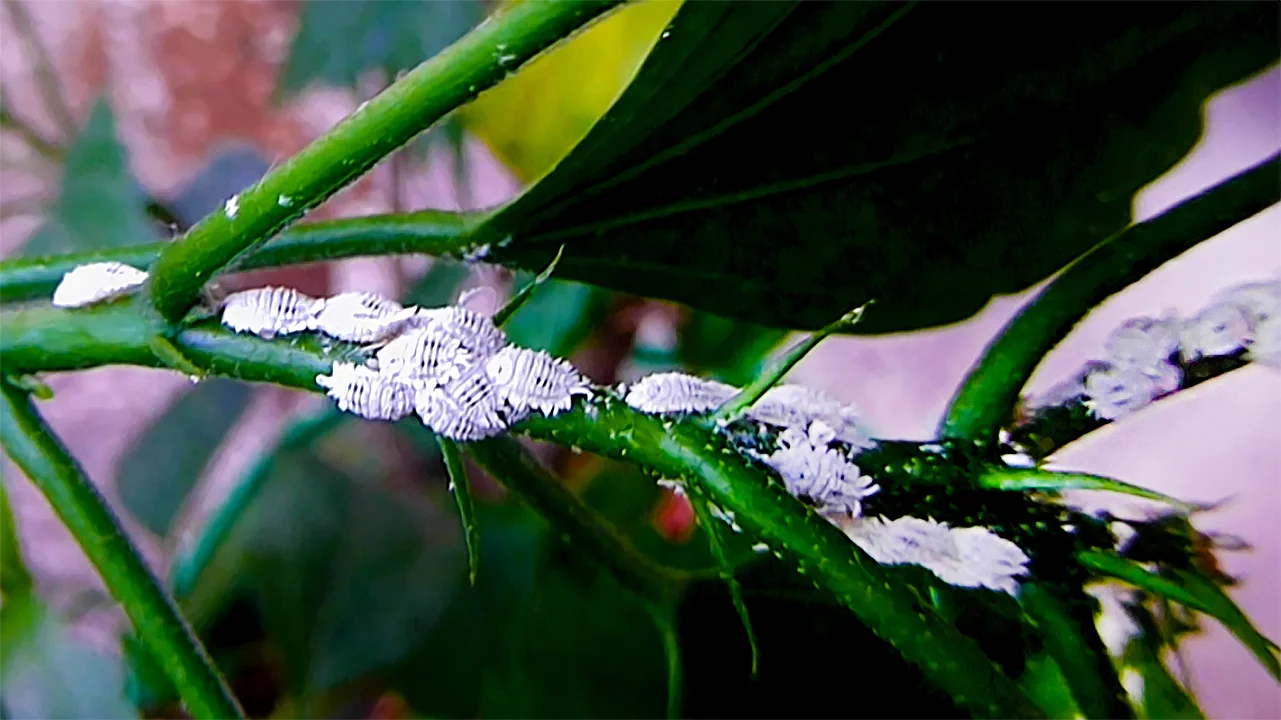
Symptoms
On your hibiscus plant, powdery mildew will appear as tiny white spots that may convert into grey or tan over time. These mealybugs look like cotton balls. It may even cover the entire foliage.
The appearance of the diseases can be attributed to the huge number of microscopic spores borne in long chains. These spores are wind-borne and are not dependent on any external factor for germination.
Treatment of White Powder
Early detection is the best treatment. As soon as you witness any white powder on hibiscus, I remove the part immediately and so should you. Once it spreads to the other parts, it will be difficult.
There are two treatment options: household and commercial.
Home Remedies for White Powder on Hibiscus
Prepare an organic spray with a teaspoon of baking soda, a few drops of vegetable oil, and a quarter of water. Mix properly and spray this mixture on the affected leaves.
Another remedy involves neem oil; it is considered the best remedy. Take 2 tablespoons of neem oil and 1 gallon of water in the spray bottle. Add a teaspoon of liquid dish soap to the mixture, however, this is optional. Shake vigorously. Spray this mixture once a week till you see the mildew vanishing.
If nothing above works, try a chemical fungicide. Pick chemical fungicides with copper or sulfur. Spray every week or fortnight.
For more information, you can also watch this video by Tech Garden.
Note: All remedies are effective in the early stages of the disease. Once the problem establishes itself, nothing really works.
Some Tips to Control White Powder on Hibiscus
- Never water the hibiscus plant on the leaves. Always pour at the base and in the morning so that the leaves get ample time to dry out in the sun.
- Do not add fertilizers high in nitrogen content. This will lead to more lush growth making it prone to the disease.
- Never fertilize the plant when it is attacked by powdery mildew.
- Make sure the plant has good air circulation. Humid air with bad circulation is a breeding ground for fungal growth. In case of overcrowding, consider transplantation.
- Remove the affected part immediately and dispose of it at a far-off place.
- Maintain the health of your plant. It is seen that robust plants are better at withstanding the fungal disease.
Parting Thoughts
I have never used a chemical fertilizer and usually spot the mildew as it begins. You too should keep an eye out for this problem. And if you need more suggestions, feel free to drop in your concerns below.
Until then, HAPPY PARENTING PLANTS 🌱!
